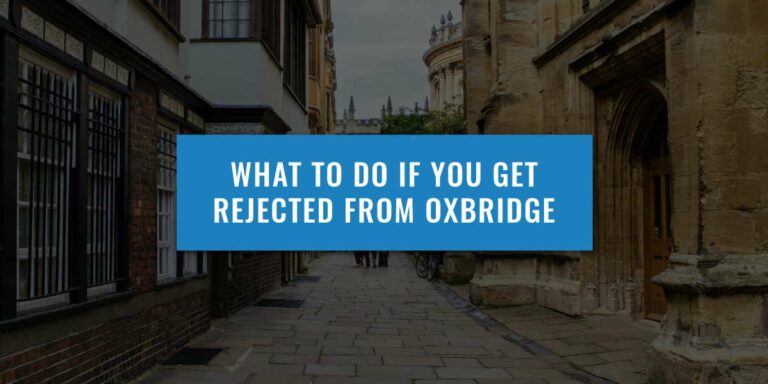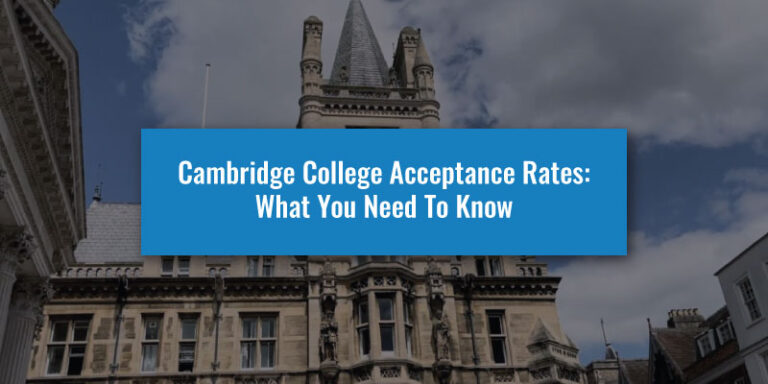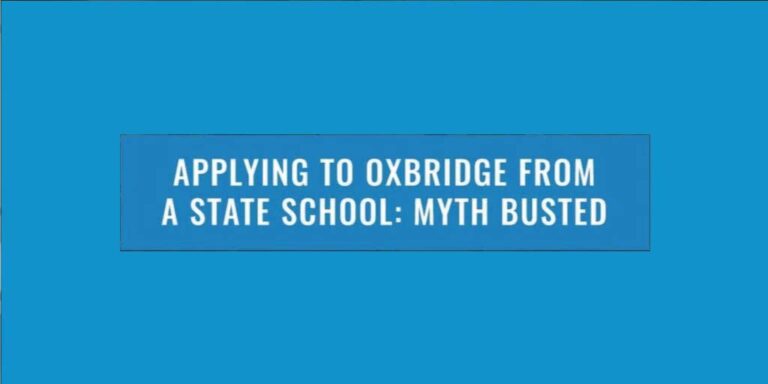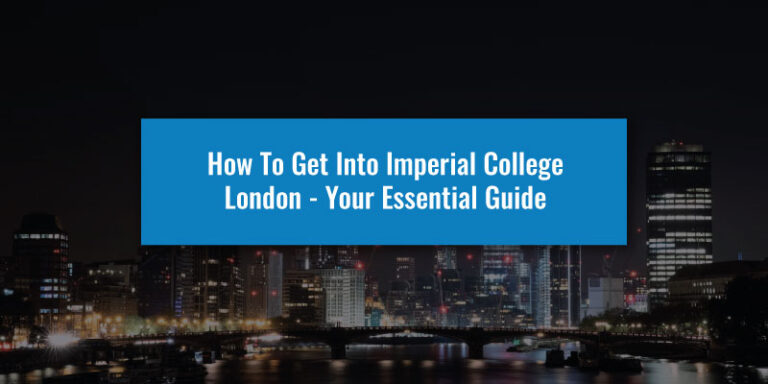What Is Land Economy At Cambridge? This may be your first time hearing this phrase, so allow us to explain.
The Land Economy course is a challenging course offered by the University of Cambridge. The course is commonly underrated and quite often compared to ‘normal’ economics, a topic which we’ll go into more detail in the next section.
Land Economy has been described as a combination of Geography, Law, and Economics which makes it sound like the PPE course at Oxford – but for Economics. Similarly, when you study Land Economy you will be involved in three quite different subjects.
Let’s go through all the information you need about Land Economy before you apply.
What is the difference between land economy and economics?
This is a common question due to the course’s names. However, land economy and economics are quite different from each other. The first thing to note is the course content. In a Land Economy course, your papers will be split into three different subjects: law, economics, and their relationship with the environment. On the other side, if you study an economics degree, you will be thoroughly engaged with everything and anything economics.
The second main difference is the career prospects. With a Land Economy degree, you can still have a career as an economist, but you can also venture into other shores (for example, law). In contrast, an economics graduate will not have as much flexibility regarding the career path due to the focused content of the course. This is not to say that they can’t pursue a career in the financial sector for example. However, a path in law would be inaccessible to them without further study.
Both courses have pros and cons, and different students will have to apply for different reasons. Take your time to go through the university’s website to fully understand what will be expected of you during the course, and what you will gain from it.
Land Economy is a competitive course due to its exclusivity, so get the upper hand in your preparation with UniAdmissions.
With our in-depth programme of support, you will be able to develop your Personal Statement and get fully prepped for your Interview so that you can compete amongst the top applicants.
Discover our Land Economy Premium Programmes by clicking below to enrol and triple your chances of success.
What will I be studying in a land economy course?
Before we go through what you will be doing each year, here’s a fun fact: at Cambridge, an undergraduate course is referred to as “tripos”. So, here is a summary of each one of your “tripos”:
First Year - Land Economy trippos Part 1A
Cambridge refers to subjects as ‘papers’ of which you will take 5 in your first year (see table below). These subjects will help you get a better understanding of the core disciplines of economics and law and how these relate to the environment.
| Paper | Subject Name |
|---|---|
| 1A | Economics I |
| 1B | Economics II |
| 2 | The Public Sector |
| 3 | Quantitative and Legal methods for Land Economists |
| 4 | Land Economy, Development, and Sustainability |
You will be assessed through a combination of course work, projects, and written examinations.
Second year - land economy trippos part 1B
In your second year, things will work slightly differently. You will have the freedom to tailor your degree and choose your subjects for the year. You will need to choose five out of the following options:
| Paper | Subject Name |
|---|---|
| 5 | Environmental Economics and Law |
| 6 | Fundamentals of Finance and Investment |
| 7 | Regional Economics and Policy |
| 8 | The Law of Real Property: Principles, Policy, and Economics Implications |
| 9 | Private Law |
| 10 | The Built Environment |
| 11 | Land and Urban Economics |
You are required, however, to take either Paper 8 or Paper 9. You could also take both if you like. Lastly, you will only be assessed via written examinations.
Third Year - Land Economy Trippos part 2
Just like in your second year, you will have the option to choose your subjects. There is a slight difference, however. You will need to take four papers, of which three must be from the table below. The fourth one, if you wish, can be from your second-year choices. This means that if you don’t particularly like one of your third-year options, you will be allowed to swap it.
| Paper | Subject Name |
|---|---|
| 12 | Law and Economics |
| 13 | Landlord and Tenant Law |
| 14 | Planning Policy and Practice |
| 15 | Advanced Techniques in Finance and Investment for Real Estate |
| 16 | Land, Food, and Ecosystem services |
| 17 | Land Policy and Development Economics |
In addition to taking 4 papers, you will have to write a 10,000 dissertation.
Which cambridge colleges offer land economy?
Not all colleges at Cambridge offer this course. It’s important you know this before you apply so that you don’t make a mistake. Fortunately, there are only about five that don’t offer Land Economy, which are:
- Churchill College
- Corpus Christi College
- Emmanuel College
- King's College
- Peterhouse
Also, it is worth mentioning that different colleges might have different entry requirements. If you are an IB student, some colleges will accept you with 40 points whilst others have a threshold slightly higher at 41 or 42 points. For a full list of the colleges’ entry requirements click here.
If you are a domestic student and taking your A-levels, this does not apply to you. Every college has the same A-levels requirements.
Access "The Oxbridge Application Vault"
- 300+ page ebook for Oxbridge Applicants
- 25 page ebook for Personal Statement
- 2h+ online course to succeed in any exam
- Online Oxbridge Success Calculator
- 12 page ebook about UniAdmissions
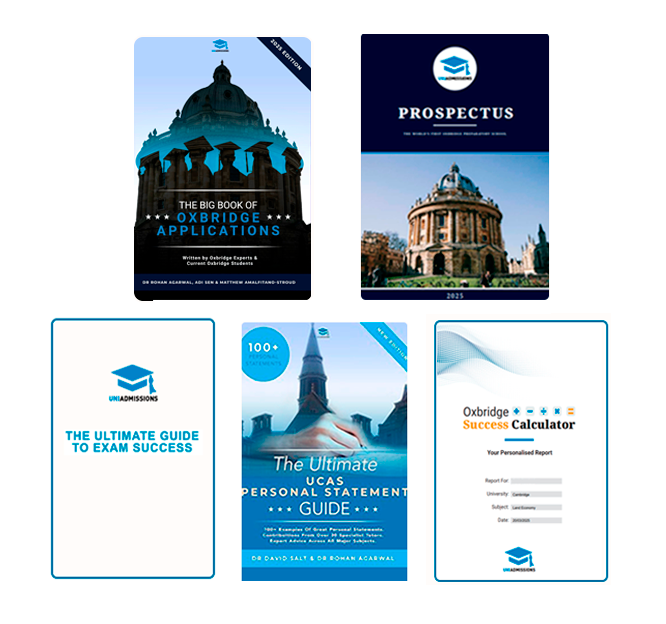
Access "The Big Book Of Oxbridge Applications" For FREE
Applying to Land Economy at Cambridge? Learn everything you need to know about the application process in The Big Book Of Oxbridge Applications, available for free now! Through over 350 pages, you will find:
- 28 example Oxbridge Personal Statements
- Over 40 admissions test practice questions
- Interviews with Oxbridge students and graduates
- Additional downloadable resources
Fill in your details below to claim your digital copy today!
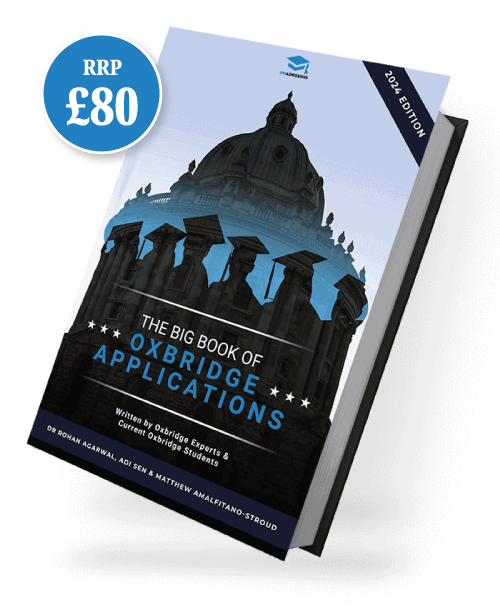
What are the entry requirements for Land Economy?
Before you apply to any course, you will need to make sure you meet their entry requirements. Cambridge has high standards for their students, and Land Economy is no exception. The university accepts a range of qualifications which we will discuss in the sections below. But remember to always double-check directly with the university website.
A-levels and other requirements
As you might have guessed, Land Economy admissions are challenging. Any course offered by the University of Cambridge will require you to be an excellent student and this is no exception.
If you’re from the United Kingdom and you have taken A-levels, you are required to have three (A*AA). The good news is that you are not required to have a subject-specific A-level, although they do recommend Economics and Mathematics as useful preparation.
Admissions Test
If you are applying to Land Economy you will no longer have to take the Thinking Skills Assessment (TSA) Cambridge. There is currently no replacement for the test, so you won’t need to sit an admissions test to apply or be shortlisted for interview.
Interview
As with any other course at Cambridge, you will need to attend a set of interviews with the colleges you have applied for. These typically take place in December and are currently being held online.
Your Land Economy interviews will aim to test your communication skills and your ability to work under pressure. Although you won’t need to answer in-depth questions regarding the course, it will be useful to stay up-to-date on current events and be prepared to express your interest in the subject in a genuine way.
Other Requirements
As part of your UCAS application, you will need to write a Personal Statement. As Land Economy is exclusive to Cambridge, you won’t be able to write a Personal Statement directed solely at the subject as it won’t be as relevant to your other choices. However, be sure to touch on topics that link to Land Economy in order to express your interest in the subject.
As of 2024, Personal Statements will be replaced with a new question-based format for providing this information to admissions teams. Learn more about this in our outline of the changes being made in 2025.
Depending on the college you apply for, you might have to submit one or two essays. These are usually used for discussion during your interview. The following colleges require written work to be submitted:
- Christ's College
- Fitzwilliam College
- Lucy Cavendish College
- Murray Edwards College
- Pembroke College
- St Edmund's College
- Trinity Hall
- Wolfson College
How much does it cost to study land economy at cambridge?
The costs you need to consider are tuition fees, college fees, and living costs. These will depend on your student status. For example, if you’re a ‘home’ student, you won’t need to worry about college fees since these are already included in your tuition fees.
Costs for UK Students
If you are a student from the United Kingdom and have ‘home fee’ status, your tuition fees will be £9,250 per year (2021) – which means you will pay around £27,750 for the duration of your course.
The fees are reviewed on an annual basis, so your tuition fees for the following year might differ. However, rest assured that this information will be communicated to you in advance. Moreover, if you are using Student Finance, they will typically match the increase in tuition fees.
Costs for International Students
If you are an international student, your tuition fees will be significantly higher – so keep this in mind before applying. For Land Economy, you will be in Group 1 for tuition fees. This means you will be paying £22,227 per year (around £66,681 for a 3-year course). The total costs can be quite overwhelming, so be sure to familiarise yourself with all of the costs you will have as an international student.
This is quite a difference when compared to domestic students, so make sure that even if you live in the UK, you double-check your student status. Also, bear in mind that the ‘international student’ status now also includes EU, EEA, and Swiss nationals. If you are not sure what these changes mean to you, here’s a breakdown.
College and Living costs when you study at cambridge
There are a few extra costs you should also consider before applying to Cambridge, especially if you are an international student. These include living costs and college costs.
For living costs, the university estimates the minimum required to be £11,230 per year. These costs will vary depending on your lifestyle.
College costs can vary from £9,300 to £10,470 (see table below for all colleges’ costs). If you’re not sure which college you should apply to yet, here’s a useful guide to help you out.
| Name of the College | Annual Fee in £ |
|---|---|
| Christ's College | 9,800 |
| Churchill College | 10,185 |
| Clare College | 9,600 |
| Corpus christi College | 9,999 |
| Downing College | 10,122 |
| Emmanuel College | 9,900 |
| Fitzwilliam College | 10,185 |
| Girton College | 9,950 |
| Gonville and Caius College | 9,950 |
| Homerton College | 9,758 |
| Hughes College | 9,950 |
| Jesus College | 10,418 |
| King's College | 10,470 |
| Lucy Cavendish College | 10,200 |
| Magdalene College | 10,347 |
| Murray Edwards College | 10,000 |
| Newnham College | 9,975 |
| Pembroke College | 10,029 |
| Peterhouse | 9,800 |
| Queen's College | 9,885 |
| Robinson College | 10,395 |
| Selwyn College | 10,190 |
| Sidney Sussex College | 9,840 |
| St Catharine's College | 10,200 |
| St Edmund's College | 9,765 |
| St John's College | 9,975 |
| Trinity College | 9,300 |
| Trinity Hall | 9,990 |
| Wolfson College | 9,600 |
Note: College costs are only applicable to students with international status.
What are the career prospects for land economy?
A degree in Land Economy can take you to pursue various avenues. Due to the nature of the subjects you will be studying, the following career paths are all possible:
- Lawyer
- Economist
- Civil Servant
According to the Cambridge website, a career in Land Economy can take you through financial, business or management sectors. Moreover, you always have the option to go into post-graduate study.
Is Land economy at cambridge a difficult course?
Cambridge calls it a ‘challenging’ degree for a reason. You will be essentially studying three different subjects during your 3-year course. This requires a great deal of dedication and great time management skills.
Don’t let yourself be fooled by past views of the course. No course at Cambridge is ‘easy’ and if you are only applying to Land Economy because of that, you will find yourself struggling for 3 years.
Success rates for Land Economy at Cambridge
Last year, the success rate for Land Economy was over 20% (see table below). However, this does not mean that it’s an easy course to get into. Due to its highly specialised content, the course does not get many applicants. For example, whilst Land Economy had 363 applicants the Economics course received an extra 1000. There are only so many places for a course within the university, as such, success rates do not always equate to how ‘easy’ a course is to get into.
| Year | Applications | Offers | Success Rate |
|---|---|---|---|
| 2020 | 363 | 82 | 22.6% |
| 2019 | 314 | 74 | 23.6% |
| 2018 | 312 | 73 | 23.4% |
| 2017 | 276 | 72 | 26.1% |
Conclusion
We hope this article gave you a detailed overview of the admission process for Land Economy and the course itself. If you think Land Economy is the right choice for you, our consultants will be happy to talk to you and give you all the support you need.
Thinking about applying to Land Economy? Let us help you get there.
At UniAdmissions, we can help you maximise your potential and get a place at Cambridge. We have helped students perform exceptionally well across their applications, including their Personal Statements and Interviews.
Find out how you can enrol in our Land Economy Premium Programmes and triple your chances of success today.


